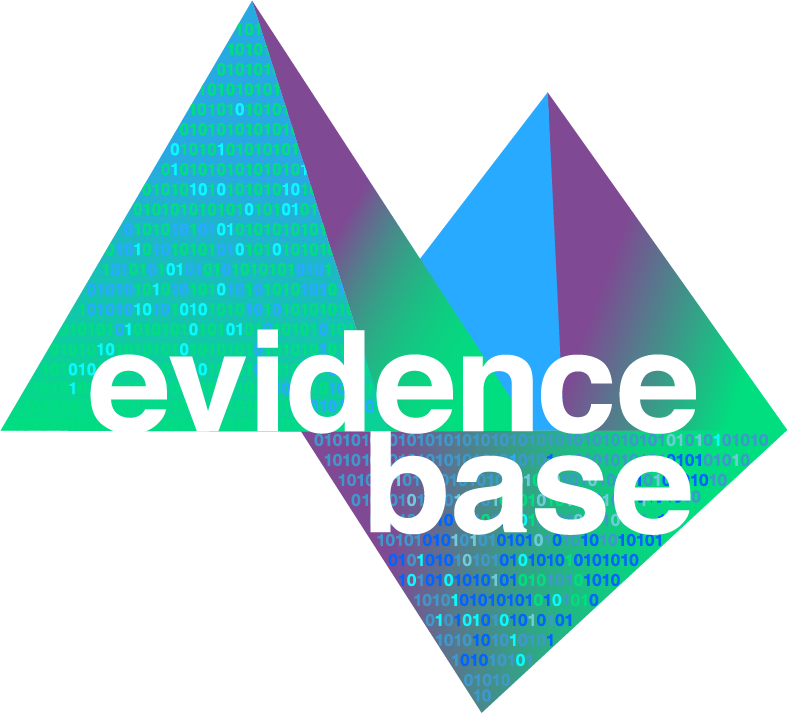The UK Government Research and Development Roadmap was published in 2020, setting out the UK’s vision for science, research and innovation. Improving the culture of research, addressing long standing equity issues, and attracting, training, and retaining diverse people are key to this strategy.
We have designed the series as dialogues between experts to address the roadblocks on the published Roadmap. If institutions want diverse researchers to create world leading research and tackle global challenges, those institutions must first be able to answer the six questions tackled in these sessions.
These thought-provoking conversations across fields will be chaired by early career researchers to facilitate discussion intended to provide research-informed recommended actions for institutions to create more inclusive research communities in order to enable world leading research and innovation.
Programme:
1. Am I valued here? (Wednesday 6th October 3:30pm)
Metrics of success are often promoted as a way of objectively measuring the value of research outputs and are important factors in who we employ and promote. This session will examine the nature of these metrics and challenge what is meant by success and excellence in academia.
Panellists:
- Khadija Mohammed, Senior Lecturer (University of the West of Scotland).
- Hilary Noone, Research & Innovation Culture Lead (UKRI)
- Prof Tessa Parkes, Director, Salvation Army Centre for Addiction Services and Research (University of Stirling)
2. Am I seen here? (Wednesday 13th October 3pm)
Visibility, or lack thereof, come with significant implications for researchers from underrepresented and marginalised identities. In this session we will discuss benefits, downfalls, and ambiguities of visibility with a focus on intersectionality and privilege.
Panellists:
- Maya Carlyle, NPL
- Dr Izzy Jayasinghe, Senior Lecturer (University of Sheffield)
- TBC
3. Am I safe here? (Wednesday 20th October 1pm)
Bullying, harassment, and gender based violence must be eradicated from our universities and organisations. How can we demand that our institutions take accountability for ensuring that our places of work, study, and research are safe so that we may innovate without fear of abuse?
Panellists:
- Dr Melanie McCarry, Lecturer (University of Strathclyde)
- Dr Erin Shannon, Research Associate (University of York)
- Prof Vanita Sundaram (University of York)
4. Am I represented here? (Wednesday 27th October 3pm)
You cannot be what you cannot see…or hear. Representation matters and it isn’t simply about visibility. How can we move beyond tokenism towards meaningful, substantive representation?
Panellists:
- Dr Jarita Holbrook, Marie Sklodowska-Curie Fellow, University of Edinburgh
- TBC
5. Am I welcome here? (Thursday 4th November 1pm)
Accessibility is much more than compliance to requirements. What do accessibility and inclusivity for all look like? This session will explore the notion of accessibility as key to more equitable and innovative research practice.
Panellists:
- Dr Nicole Brown, Lecturer (UCL)
- Dr Jane Essex, Senior Lecturer (University of Strathclyde)
- TBC
6. Am I going to thrive here? (Wednesday10th November 1pm)
One measure of inclusion is how our institutions handle complaints. Our universities and organisations must be responsible for ensuring that policies, procedures, and practices enable researchers to thrive. Who thrives more in our current research cultures – the abusers or those they abuse?
Panellists:
- Dr Anna Bull, Founder, 1752 Group, Lecturer in Education and Social Justice, Department of Education at the University of York
- TBC
Online – Zoom link and password provided to registered attendees on the morning of each event
Recording: The event will be recorded and shared after it is transcribed and closed captioning is added.
Access: There will be live auto-captioning through Zoom. Please email STEMEquals@strath.ac.uk to discuss your specific access requirements.
The series is organised by three Early Career Researchers:
Dr Jessica Gagnon (she/her), Research Fellow, STEM Equals, University of Strathclyde
Dr Katie Nicoll Baines (she/her), Project Manager, Evidence Base, University of Edinburgh
Dr Marco Reggiani (he/him), Research Associate, STEM Equals, University of Strathclyde
About Evidence Base: Funded by EPSRC, Evidence Base has been established to promote and execute a systems based approach to problems of equality, diversity and inclusion in STEM. Our ethos centres around examining the entire landscape of the issue. We want to move away from the ‘deficit model’ of approaching challenges of equality, diversity and inclusion in STEM careers. The solution should be focused on fixing the system, not the individual. Our vision is to integrate inclusivity across the STEM workforce in the UK through disruptive and decisive system change. On Twitter: @evidenceBase_IM Website: https://evidencebase.org.uk/
About STEM Equals: The STEM Equals project is a four year research and impact project focused on women and LGBT+ people in STEM in both academia and in industry. Through an intersectional lens, the project focuses on working cultures within higher education and industry, including better understanding the experiences of and addressing systemic inequalities faced by women and LGBT staff in STEM disciplines. The project industry partner is BAM Nuttall and the project is funded by EPSRC under the Inclusion Matters initiative, with matched funding from the University of Strathclyde. On Twitter: @STEMEquals Website: www.stemequals.ac.uk
